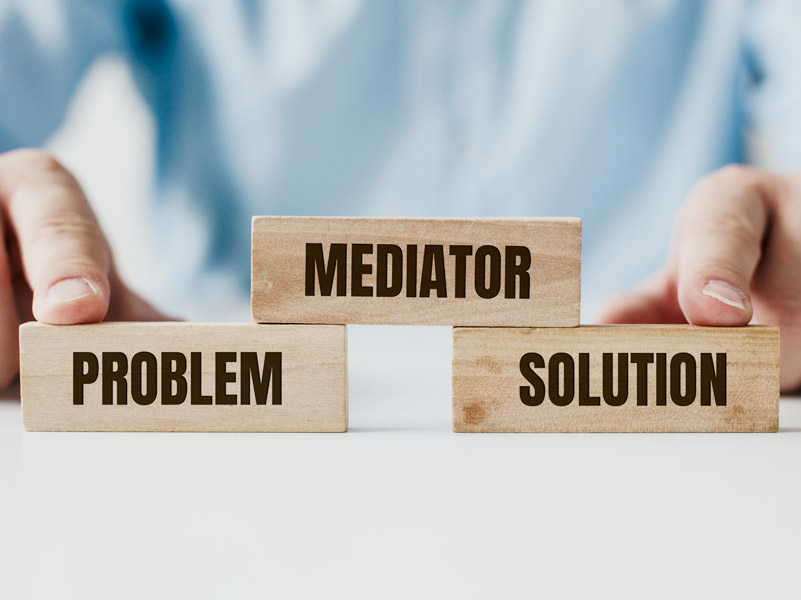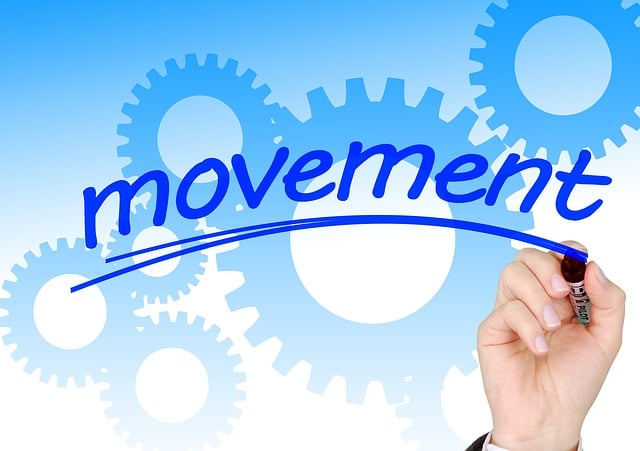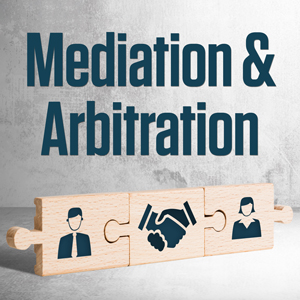Mediation Process Preparation: Retired Attorney Sheds Light

Our neutrals work diligently to resolve your issues efficiently and amicably. In individual interviews with each neutral, they were asked a series of questions regarding their preparation for dispute resolution. As such, Michael Ledyard shares his strategies for preparing himself and his parties for the mediation process.

Q: “How do you prepare for the mediation process?”
A: “I prepare for the mediation process by reviewing each of the docket entries in the case and familiarizing myself with the parties, as well as the relevant issues of fact and law.”
Q: “What would you say are the most important skills or attributes for a mediator?”
A: “I would say effective mediators should heed the following:
- The ability to listen to the parties to identify their needs and interests in order to reduce a complicated dispute to a series of simpler issues.
- Maintaining a calm and impartial demeanor to defuse emotions.
- Having the experience necessary to assist the parties in understanding how a court might rule in a given situation.”
Q: “How would you inform clients about your role in the mediation process?”
A: “Generally, I would begin by spending a few minutes at the start of the mediation to talk about my background and experience and explain (a) the role of a Neutral under the Georgia Dispute Resolution Rules, (b) the specific Rules regarding confidentiality (including the exceptions thereto), communications with the court and completion of the ADR process, (c) the voluntary nature of the mediation process, (d) the right of the parties to consult counsel at any time and to have a proposed settlement agreement reviewed by counsel, (e) that parties to a mediation are expected to negotiate in an atmosphere of good faith and full disclosure of all material matters, and (f) that by their participation, the parties affirm that they have the capacity to conduct good faith negotiations and to make decisions for themselves, including the decision to terminate the mediation if necessary.”
Q: “At what point would you intervene in clients’ decision-making processes?”
A: “Intervention should generally be limited to situations in which (a) intervention is needed to safeguard the fairness of the ADR proceeding, or (b) a party’s decision making is proceeding in reliance upon a misunderstanding of relevant facts or law.”
Q: “How would you handle a situation where one party is not willing to compromise?”
A: “I would counsel the refusing party to reconsider his or her refusal to compromise in order to avoid the expense, stress, delay and uncertainty of proceeding to trial.”
Q: “What is your approach to maintaining neutrality in emotionally charged situations?”
A: “As a neutral I am, by definition, impartial, and my job is to maintain a calm and demonstrably impartial demeanor to defuse, to the extent possible, the emotions of the parties.”
Q: “How do you ensure confidentiality throughout the mediation process?”
A: “By adhering to the letter of the Georgia Dispute Resolution Rules regarding confidentiality and ensuring that anyone I work with in an ADR program also understands those Rules.”
Q: “How do you manage power imbalances between parties during mediation?”
A: “The duties of a mediator include safeguarding the overall fairness and protecting the integrity of the mediation process, which further includes making every effort to address a power imbalance. In an extreme case where such an imbalance renders a party incapable of effective bargaining, I would terminate or, if the incapacity was of a temporary nature, reschedule the mediation in order to give the incapacitated party time to cure the imbalance by, for example, obtaining necessary information through additional discovery or obtaining counsel, etc.”
Q: “How would you assist clients who were discontented with events following mediation?”
A: “The most critical principle of the ADR process is the self determination of the parties and the voluntary nature of any settlement agreement. The mediator needs to ensure that any settlement agreement is understood by the parties and voluntarily agreed to by them. The mediator’s duties end upon the completion of the mediation process.”













